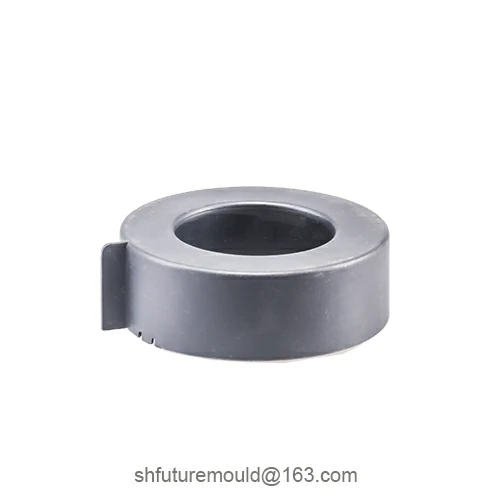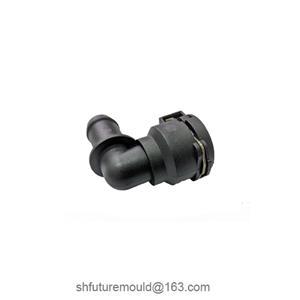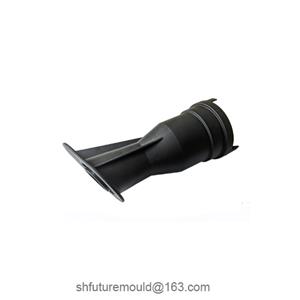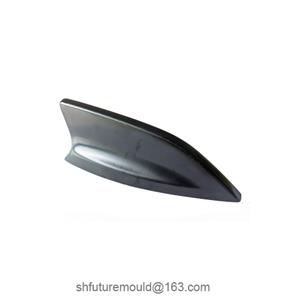Core Materials for Injection Molds
The choice of core material for injection molds depends on various factors, including mold usage requirements, plastic material properties, and production volume. Here are some common core materials:
P20 Steel
Characteristics: This is a pre-hardened tool steel with excellent machinability. In its pre-hardened state (typically 30-36 HRC), it can be machined directly without requiring additional heat treatment, resulting in a good surface finish and dimensional accuracy. P20 steel also has excellent polishing properties, enabling smooth plastic part surfaces. Additionally, it offers a good balance of mechanical properties, including strength and toughness, to withstand the pressures of the injection molding process.
Applications: Commonly used for high-volume production of molds for complex plastic parts, such as automotive interiors, appliance housings, and other large plastic products.
H13 Steel
Characteristics: A hot work tool steel with high hot strength and hardness, H13 maintains excellent mechanical properties at elevated temperatures. Its toughness allows it to withstand the impact loads that may occur during molding. H13 steel also exhibits good resistance to thermal fatigue, making it suitable for applications involving repeated heating and cooling cycles. Its hardness typically ranges from 48-52 HRC after quenching and tempering.
Applications: Suitable for molding engineering plastics that require higher mold temperatures, such as glass-filled plastics. It is also commonly used for molds that must withstand high pressures and frequent opening and closing cycles, such as those used for precision electronic component housings.
S136 Steel
Characteristics: This is a corrosion-resistant tool steel with excellent corrosion resistance to a variety of chemicals. When molding plastics containing corrosive additives (such as PVC), S136 steel ensures that the core surface remains corrosion-free, preserving part quality and mold life. S136 steel also offers excellent mirror-like polishing capabilities, achieving very low surface roughness values. Its hardness typically ranges from 48-54 HRC.
Applications: Primarily used for molds requiring high surface finish and corrosion resistance, such as optical lenses, medical devices, and food packaging containers.
NAK80 Steel
Characteristics: A precipitation-hardening tool steel, NAK80 offers high hardness (typically 37-43 HRC) while maintaining excellent machinability for complex cutting operations. NAK80 steel has superior polishing properties, achieving a mirror-like finish. It also exhibits good weldability, facilitating repairs during mold manufacturing.
Applications: Commonly used for high-precision molds requiring a mirror-like finish, such as cell phone cases, cosmetic containers, and other plastic products with demanding aesthetic requirements.




